
Bolivia 2022
Supported by the Association of Corporate Counsel



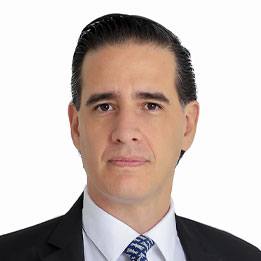
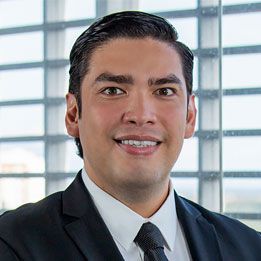



Gerente asuntos legales | Embotelladoras Bolivianas Unidas (EMBOL)

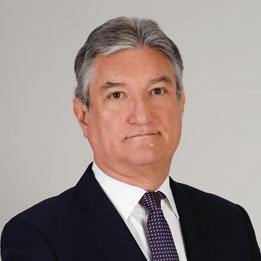


Legal manager | Empresa de Telecomunicaciones Nuevatel PCS de Bolivia (VIVA)
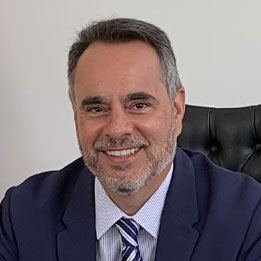

Business manager | Indatta (Grupo Sofía)



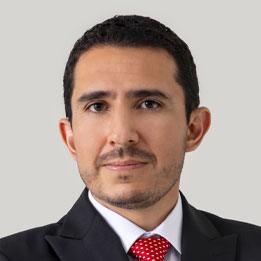





Corporate lawyer | China Railway Construction Corporation International Sucursal Bolivia



Asesora legal | Confederation of Private Entrepreneurs of Bolivia (CEPB)











Gerente legal and legal compliance manager | Praxair




Director nacional asuntos corporativos y legales | Cervecería Boliviana Nacional

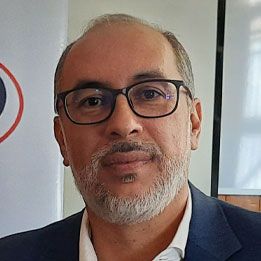



Asesor legal | Compañía Boliviana de Energía Eléctrica (Cobee)




Sub gerente legal y de cumplimiento | Brinks Bolivia


Gerente legal | Grupo Empresarial de Inversiones Nacional Vida
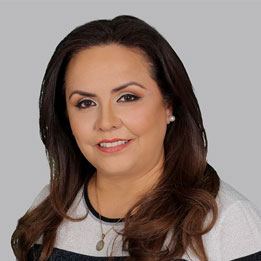
National Corporate Manager Legal Advice | Alianza Compania de Seguros y Reaseguros



Sub gerente nacional legal | Sociedad Boliviana de Cemento (SOBOCE)




The Legal 500 GC Powerlist: Bolivia 2022 was a delightful project to be a part of, particularly as it marks the first of its kind in Bolivia. This publication excellently captures the theme of innovation, resilience and adaptation among the leading legal counsel across all industries in Bolivia. These counsel gladly shared their organisational objectives, successes, and challenges over the past few years with us. Among the remarkable stories shared, there was a general sentiment on how greatly their teams and organisations had been impacted by sustained crises, specifically alluding to political and economic hardships.
Despite the unprecedented time of Covid-19 and the aftermath that each country globally is facing individually, the general outlook among all participants was one of keeping motivation through crises. Had there been a decided theme to this edition, it would be one which effectively encapsulates how tenacious leading legal professionals in Bolivia have been. They have remained steadfast providing legal advice and positively transforming the cultures of their team and organisations through noteworthy determination and remarkable leadership.
In-house counsel in the maiden edition of this publication describe the last few years to be riddled with ‘moments of great political and social turbulence and uncertainty occurring due to a civil strike and city lockdown that lasted 21 days’. Following this, there was no exception to political and economic implications as well. Regardless, many more counsel shared exciting projects they innovatively led their companies through, such as the launch of new products, expansion of business and smart management of legal resources. Counsel also shared how much their usual tasks had changed, referring to how their organisations had required them to widen their scope of work and be a contributing voice to business decisions. Several counsel note that this is a welcome change and one which has decisively expanded their day to day work. One counsel aptly describes this as, ‘no day being boring or the same as another, as supporting the challenges that a company faces in Bolivia makes us vigilant and on top of legal and political changes.’
Organisations in Bolivia can rest assured that in-house counsel are well prepared to face tasks head-on. Many stories were shared about how to revive and sustain the organisations they worked with against a transformative background such as what exists now. Succinctly put by another counsel, his plan for his team is that ‘all must maintain constant training in the laws and trends within their sector, and even with other sectors that today seem to be very distant but might become more relevant with technological advances.’
Some in-house lawyers reported their concerns with the lack of legal framework on particular hot topics globally, such as ESG among others, and how they are prioritising navigating their organisations towards a sustainable future. One general counsel depicts the state of play as, ‘many regulations do not incorporate the necessary tools to achieve environmentally friendly objectives and to become a more sustainable institution, in Bolivia. For that reason, legislative initiatives must be generated to complement existing regulations or create new law….as in-house lawyers, we need to create legal structures that allow us to advance towards these objectives.’
We are glad to have such an esteemed list of leading legal professionals actively participate in this publication. It was such a pleasure to hear their highlights in their line of work and encapsulate their motivation in this publication. Tonight, they join hundreds of legal professionals globally located, in being recognized as top in-house counsel within their jurisdiction. Congratulations to all the brilliant, innovative leading in-house counsel of The Legal 500 GC Powerlist: Bolivia 2022!


PPO is proud to sponsor and host the first GC Powerlist: Bolivia.
At PPO, we value leadership skills, collegiality and a strong commitment to quality and professionalism within the market, and, of course, in companies’ legal departments.
Therefore, with great pleasure we congratulate the GCs listed in the GC Powerlist: Bolivia, the world’s foremost legal directory for general counsel (GCs).
Bolivian companies require GCs with a strong combination of academic skills and business awareness. GCs that possess such skills make strong contributions that improve their employers’ competitiveness and profitability. Their advice mitigates contingencies, solves existing problems, and identifies opportunities put forward by a constantly developing world.
In the past two years, we have worked side-by-side with Bolivian GCs, who have had a remarkable role in overcoming a long list of difficulties posed by new legislation resulting from the Covid-19 pandemic and a political and social crisis. In this period, GCs have been required to make strategic decisions, showing a great degree of resilience, finding solutions, and paving the way for their companies to navigate through a challenging and uncertain business environment.
PPO works closely with GCs and legal departments based in Bolivia and abroad. Our clients’ challenges and opportunities motivate and urge us to constantly innovate and seek ways to improve our services.
Our team has a broad understanding of the marketplace, trends and business climate. We quickly adapt to today’s increasingly changing environment, thanks to our in-depth understanding of laws and regulations.
We deliver innovative solutions to meet clients’ needs by leveraging our specialized teams across multiple practice areas. Our professionals provide the insight, innovation, resources and experience to meet the challenges of doing business in Bolivia.
Legal 500 returned to Miami to celebrate the launch of the GC Powerlist: Miami 2026, hosted in partnership with Winston & Strawn. The event brought together leading in-house counsel from across the city for an evening recognising their work, leadership, and clear impact within their organisations.
Juan Azel, Chair of Winston & Strawn’s Fintech, Banking and Payments practice, opened the evening with remarks on the opportunities emerging from Miami’s economic growth.
He was followed by keynote speaker Nilo J. Barredo, Head of Legal, Wealth, Banking & Lending for the Americas and Director, Associate General Counsel at Citigroup, who shared perspectives on the evolution of Miami’s in-house ecosystem.
A reception followed, giving this year’s honourees the chance to connect with peers and exchange experiences.
Legal 500 extends its thanks to Winston & Strawn for supporting the recognition of Miami’s outstanding general counsel community, and congratulates all recognised general counsel on their achievements.